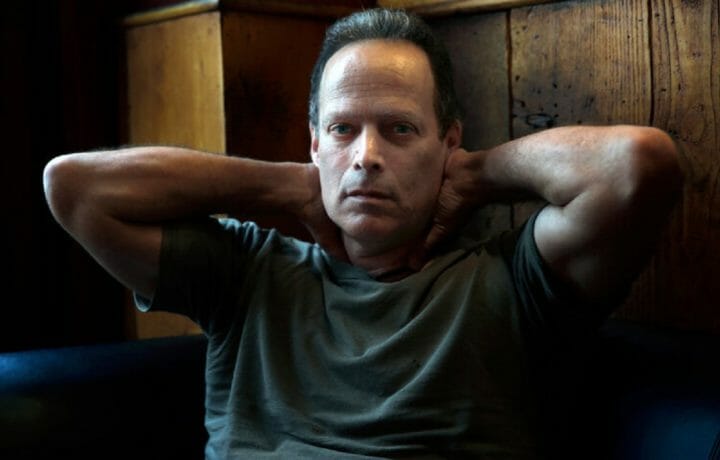Sebastian Junger is a storyteller who’s achieved commercial success and critical acclaim for his work spanning war zones and railyards, telling stories and crafting concepts. His most recent book, FREEDOM, poses big questions around what it means to be free. ClearanceJobs recently sat down with Junger to discuss FREEDOM, autonomy, Afghanistan, and other topics.
Below are selected excerpts from our conversation:
In The Last Patrol, when you asked people about what makes America unique, or special, freedom came up over and over – but do you think people understand what they mean when they say that?
Freedom is a very powerful word, and people seem to use it because it seems to cut to the core of our human experience. When you say I’m fighting for my freedom, there’s this idea – it’s like saying I’m defending my children – it’s like a core human value that we’re not going to infringe on. The problem, though, is that it can be really misused, and I think people use the word freedom to justify all kinds of things that are illegal or immoral. I remember down in El Salvador, the insurgency that was trying to overthrow the left wing government called themselves freedom fighters – Ronald Reagan called them freedom fighters – and as soon as you call someone a freedom fighter, how can you possibly be against them? But there were a lot of reasons to be against those guys. The word can be misused pretty badly.
Your book was anchored by experiences during a 400-mile trek along railroad routes, starting in Washington, D.C. Why railroad lines, and how did that genesis into this concept of freedom?
It was an environment that I really liked. It’s illegal to do that. We called it ‘high speed vagrancy’ because we were carrying everything we needed, we were moving 10-15 miles a day, but it’s illegal. It’s private property, it’s owned by the freight lines, so you sort of have to stay out of sight. And I had this sort of insight. We’re sort of on the margins of society. We’re certainly autonomous from society. We’re the only people that knew where we were, we were making all of our own decisions. But we walked through town when we needed more food. I realized were were autonomous on an immediate sense. But basically, all the gear we had, the food we were eating, it came from society. And that’s true of everyone. It’s a complicated thing to thing to think that you’re free, when without the society you’re in you’d be dead within days or maybe weeks. So how free can you be when you’re completely physically dependent for your survival in this group? And I realized that when I was out there on the railroad lines. The obvious question is, if that’s true, what do you owe society?
Movement was the central topic of the first section of the book, Run – talk about freedom through the context of the three sections you chose for the book – run, fight, think.
The book is divided into three sections – the three ways people have typically maintained their autonomy, or freedom, in the face of a greater power for the last tens of thousands of years. The three sections are run, fight, think. The first instinct of an underdog group when threatened is to run away. The Apaches did that amazingly well in the American Southwest. The Pueblo societies were sort stuck on these mesas. They were much more wealthy – they had fields, irrigation, agriculture – and the Spaniards rolled them up immediately. The Apaches were poor, materially, poor, but very mobile, and some of them remained free almost until 1900. If you can’t outrun your oppressor, you’re going to have to fight them. Interestingly for humans, we’re as far as I can tell the only mammal where a smaller individual can outfight a larger one. We see that in from everything from boxing to MMA, mixed martial arts.
Finally, if you can’t outfight them, you’re going to have to out think them. and there I talk about the labor movement 100 years ago in America and how internal opposition groups are able to mount a very successful offense within the society against the government or a corporate interest.




